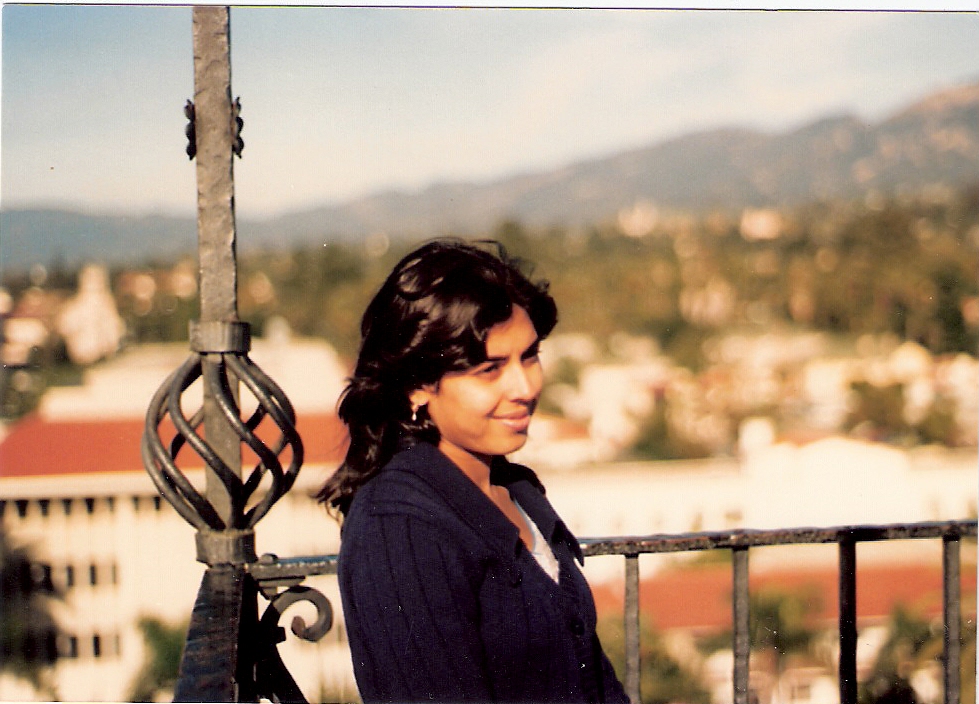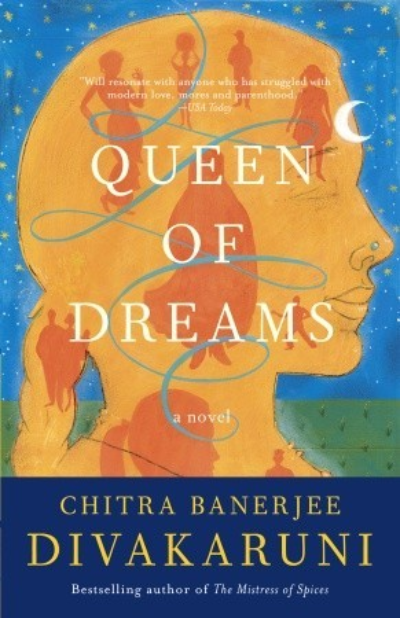I just got back from the 14th San Francisco Writers Conference, where I was invited as a keynote speaker by the wonderful organizers, Elizabeth Pomada and Michael Larsen. It was such a great experience that I wanted to share some thoughts about it.
I hadn’t been to a writer’s conference in a while. Partly because I was busy. Partly because I felt that now that I had published over a dozen books, I knew the basics of the business and needed only to focus on writing and touring. And partly because crowds make me nervous.
At the San Francisco Writers Conference with presenter Terry LeYung-Ryan and organizers Richard and Barbara Santos
I hyperventilated a bit when I stood up to give my speech in the banquet hall that held over 500 people. But as I started talking about my journey as a writer and sharing writing and marketing tips that had been helpful to me in my career, I was struck by the wave of positive energy in the room. It was so wonderful to be with so many people who loved writing, all of us hoping to get better at what we do and find more effective ways to share our books with readers, and hopefully make a decent living at it. It made me realize how lonely the job of a writer is, and how important it is for us to connect with a community of like-minded people and inspire each other.
The San Francisco Writers Conference is a particularly wonderful one to attend. The location—the historic Mark Hopkins hotel on Nob Hill, with its fabulous views—is gorgeous. There’s a stellar cast of presenters, editors, agents and publicists. They have an excellent track record of past attendees who have gone on to publish successfully. And most of all, the organizers are extremely friendly and helpful and will make you feel right at home. They even arrange networking dinner excursions every night, with affable board member Harvey Pawl as guide, to delicious neighborhood restaurants known only to locals. Here’s a link, if you want to give them a try--but don't delay too much. They are extremely popular and sell out well ahead of time. https://sfwriters.org/











